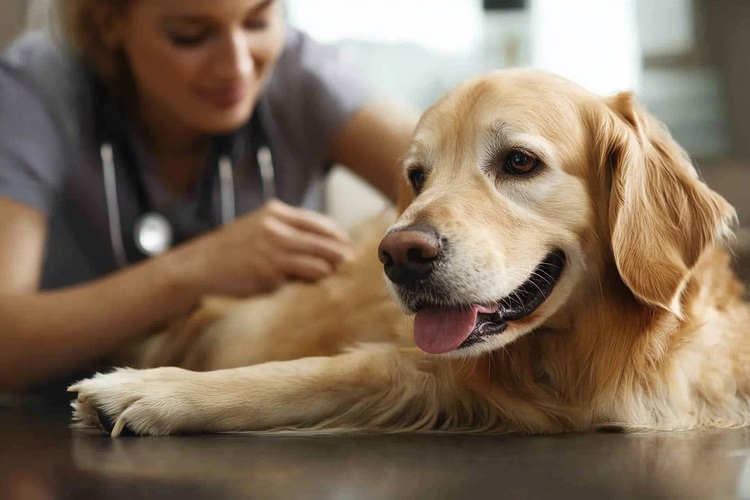Veterinarian Services: Care for Pets, Dogs, and Cats
Veterinarian services cover a wide range of clinical and supportive care aimed at maintaining the health and welfare of companion animals. Routine offerings include wellness exams, vaccinations, parasite prevention, diagnostic testing, dental care, and surgical procedures. Beyond basic medicine, many clinics provide behavioral counseling, nutritional guidance, and chronic disease management for aging animals. Veterinary teams often combine veterinarians, veterinary technicians, and support staff to coordinate care, maintain medical records, and deliver education to owners about signs of illness and preventive strategies for both dogs and cats.

This article is for informational purposes only and should not be considered medical advice. Please consult a qualified healthcare professional for personalized guidance and treatment.
What does veterinary care include?
Veterinary care encompasses preventive, diagnostic, and therapeutic services. Preventive care typically involves vaccinations, annual or semiannual exams, parasite control, and dental cleanings. Diagnostic services include blood work, urinalysis, imaging (X-ray or ultrasound), and cytology. Therapeutic services range from medication management and wound care to soft-tissue and orthopedic surgery. Many clinics also offer specialized services such as oncology, dermatology, and rehabilitation. Records and follow-up plans help ensure continuity of care and early detection of emerging problems.
How do pet check-ups work?
Pet check-ups are structured to assess overall health, detect early disease, and update preventive care. A typical visit includes a history review, physical exam, weight assessment, and discussion of behavior, diet, and environment. Based on findings, the veterinarian may recommend diagnostic tests like blood panels or fecal exams, and adjust vaccination or parasite prevention schedules. Check-ups offer an opportunity for owners to ask questions about growth, behavior, and home care. Regular visits help tailor healthcare plans to a pet’s life stage and individual risks.
What healthcare do dogs need?
Dogs require a combination of preventive and condition-specific healthcare. Core elements include vaccinations appropriate for lifestyle and regional disease exposure, routine parasite control for fleas, ticks, and intestinal worms, and dental assessments. Puppies benefit from socialization and vaccination schedules; adult dogs need periodic wellness screenings; seniors often require more frequent monitoring for heart, kidney, and joint conditions. Nutrition, weight management, and exercise are integral to preventing obesity-related illnesses. Discuss breed-specific risks with your veterinary team to create a customized plan for your dog.
How are cat visits different?
Cats often mask signs of illness, so veterinary visits emphasize careful physical exams and proactive screening. Core services for cats include vaccinations tailored to indoor or outdoor status, parasite prevention, dental health, and early screening for chronic conditions such as kidney disease and hyperthyroidism. Clinics may recommend annual bloodwork beginning in middle age, and behavioral conversations often focus on environmental enrichment and litterbox management. Handling practices and clinic environments adapted for feline stress reduction can improve the accuracy of exams and the cat’s experience.
What preventive healthcare should pets receive?
Preventive healthcare focuses on reducing disease risk and catching problems early. For most pets, this includes a vaccination schedule, routine parasite prevention, dental care, appropriate nutrition, and weight management. Regular wellness exams and age-appropriate screening tests (e.g., bloodwork, urinalysis) help identify subclinical issues. Preventive measures also extend to microchipping, spay/neuter procedures, and owner education on recognizing warning signs. Preventive care plans should reflect the pet’s species, age, breed, and lifestyle, and can be adjusted as health status changes.
Conclusion
Veterinarian services form the backbone of responsible pet ownership by combining preventive measures, diagnostics, and treatments tailored to individual animals. Whether caring for a young puppy, an adult cat, or a geriatric companion, consistent communication with a veterinary team supports healthier outcomes and improved quality of life. Regular exams, appropriate preventive protocols, and attention to behavior and nutrition create a comprehensive approach to keeping dogs and cats well.






